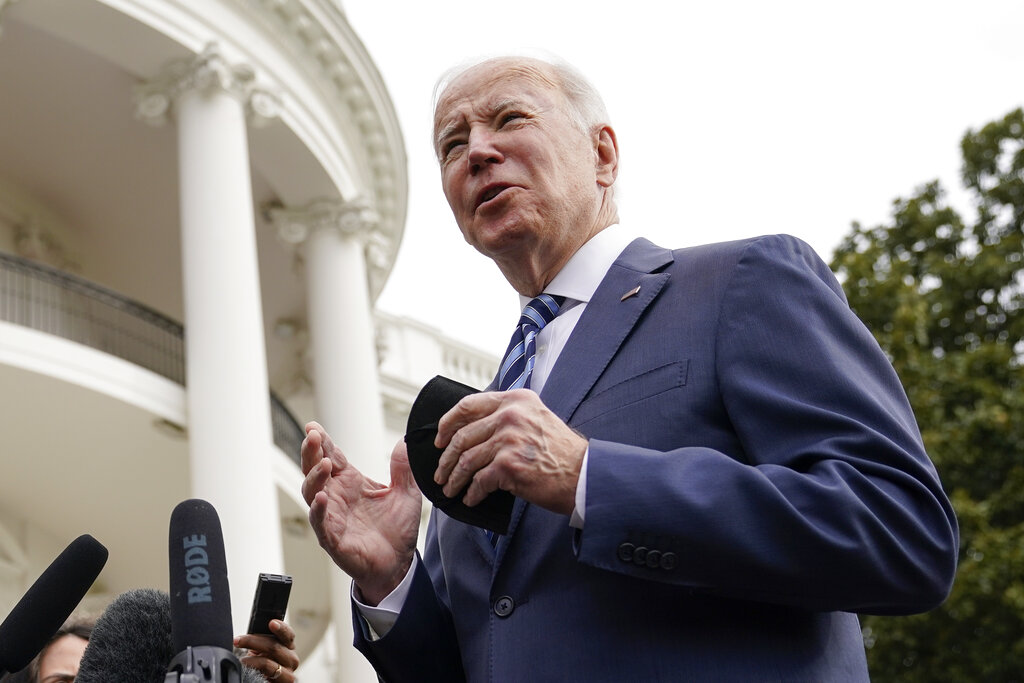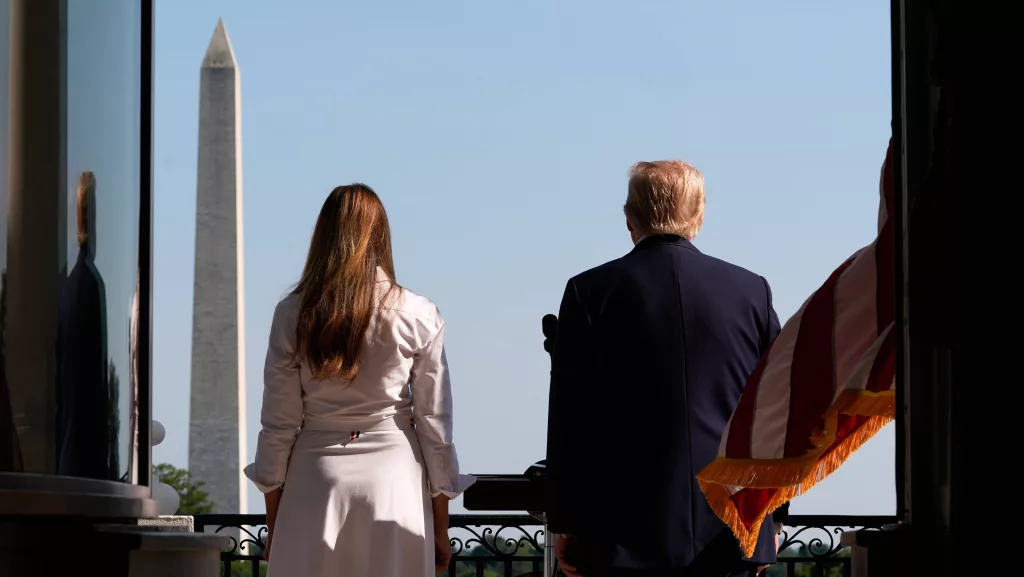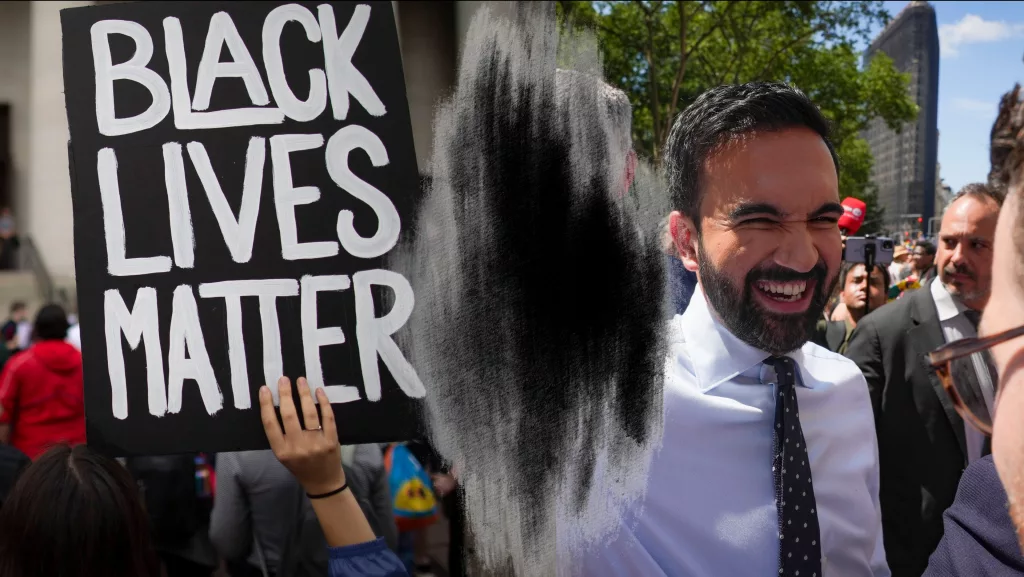
Joe Biden
KYIV, Ukraine (AP) — Fears of a new war in Europe resurged Thursday as U.S. President Joe Biden warned that Russia could invade Ukraine within days, and violence spiked in a long-running standoff in eastern Ukraine that some fear could be the spark for wider conflict.
World dignitaries raced for solutions but suspicions between East and West only seemed to grow, as NATO allies rejected Russian assertions it was pulling back troops from exercises that had fueled fears of an attack. Russia is believed to have built up some 150,000 military forces around Ukraine’s borders.
Concerns escalated in the West over what exactly Russia is doing with those troops — including an estimated 60% of the overall Russian ground forces. The Kremlin insists it has no plans to invade, but has long considered Ukraine its sphere of influence and NATO’s eastward expansion an existential threat.
The U.S. government issued some of its starkest, most detailed warnings yet about what could happen next.
Speaking at the U.N. Security Council, U.S. Secretary of State Antony Blinken revealed some conclusions of U.S. intelligence in a strategy that the U.S. and Britain have hoped will expose and pre-empt any invasion planning. The U.S. has declined to reveal much of the evidence underlying its claims.
He told the diplomats that a sudden, seemingly violent event staged by Russia to justify invasion would kick it off.
“We don’t know exactly” the pretext — a “so-called terrorist bombing” inside Russia, a staged drone strike, “a fake, even a real attack … using chemical weapons,” he said.
It would open with cyberattacks, along with missiles and bombs across Ukraine, he said. Painting the U.S. picture further, Blinken described the entry of Russian troops, advancing on Kyiv, a city of nearly 3 million, and other key targets.
U.S. intelligence indicated Russia also would target “specific groups” of Ukrainians, Blinken said, again without giving details.
In an implicit nod to Secretary of State Colin Powell’s appearance before the Security Council in 2003, when he cited unsubstantiated and false U.S. intelligence to justify the U.S. invasion of Iraq, Blinken added: “Let me be clear. I am here today not to start a war, but to prevent one.”
Biden’s own comments on the Russian threat were unusually dire.
Speaking at the White House, he said Washington saw no signs of a promised Russian withdrawal, and said the invasion threat remains “very high” because Russia has moved more troops toward the border with Ukraine instead of pulling them back.














